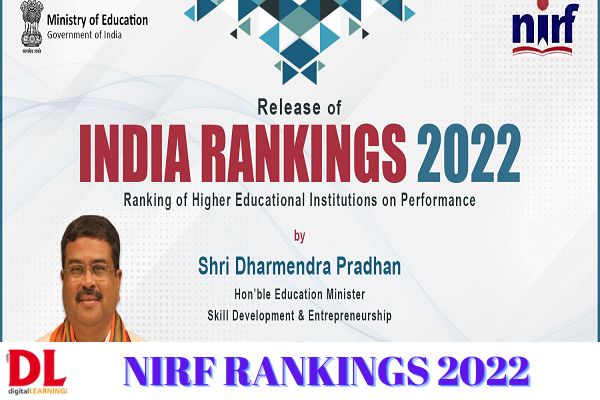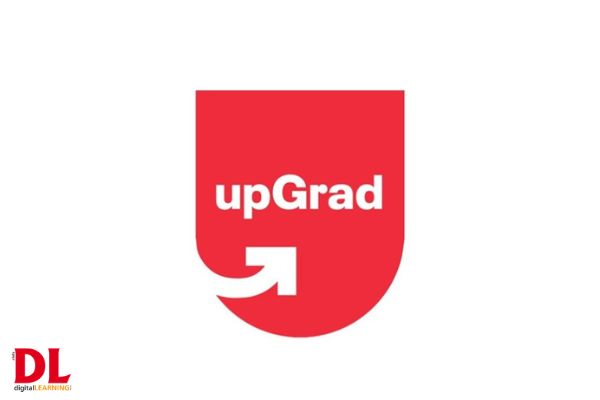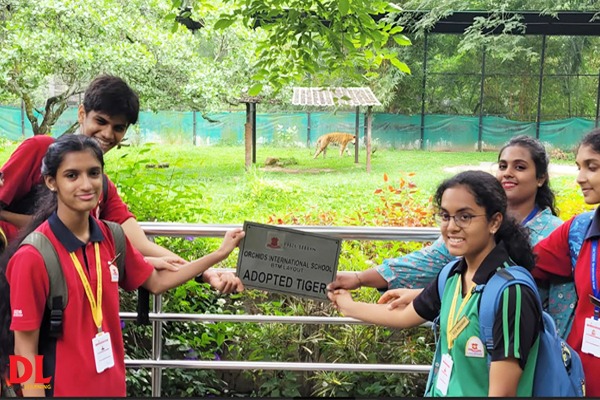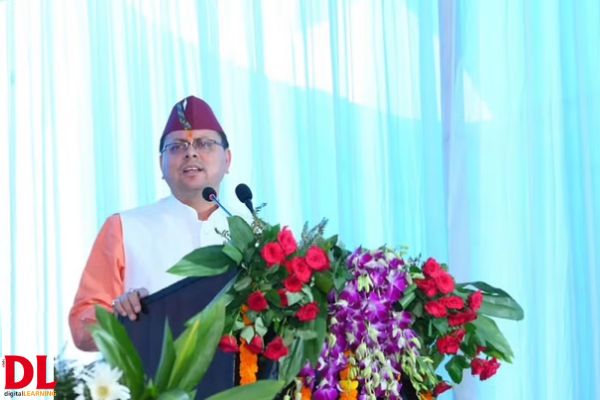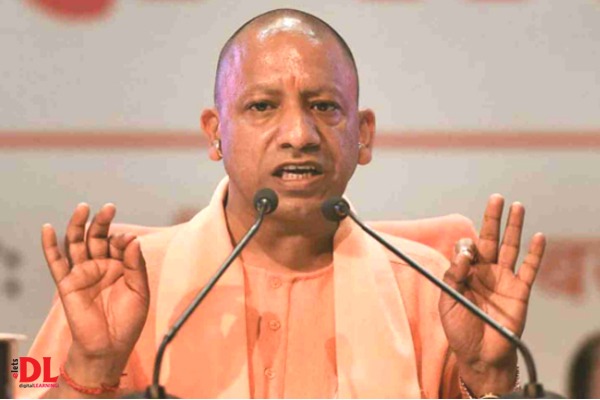The Union Minister of Education, Dharmendra Pradhan has released the National Institutional Framework (NIRF) Rankings 2022 today. IIT Madras has been adjudged the best institute in the overall category for the 2nd consecutive year. The list is available online at the official website – nirfindia.org.
NIRF RANKINGS PROCESS
The rankings take into account 5 major parameters on which institutions are judged and ranked accordingly. These parameters include Teaching, Learning and Resources, Research and Professional Practice, Graduation Outcomes, Outreach and Inclusivity and Perception (PR). NIRF India Ranking 2022 has been announced for 11 categories. These include overall, university, management, medical, pharmacy, engineering, architecture, law, college, research institute and ARIIA (Atal Ranking of Institutions on Innovation Achievements)
Top 3 Rankings: “Overall”
1. Indian Institute of Technology (IIT), Madras
2. Indian Institute of Science (IISc), Bangalore
3. Indian Institute of Technology (IIT), Bombay
Top 3 Rankings: “University”
1. Indian Institute of Science (IISc), Bangalore
2. Jawaharlal Nehru University (JNU), New Delhi
3. Jamia Millia Islamia, New Delhi
Top 3 Rankings: “Engineering”
1. Indian Institute of Technology (IIT), Madras
2. IIT Delhi
3. IIT Bombay
Top 3 Rankings: “Medical”
1. AIIMS, Delhi
2. PGIMER, Chandigarh
3. Christian Medical College (CMC), Vellore
Top 3 Rankings: “College category”
1. Miranda House, New Delhi
2. Hindu College, New Delhi
3. Presidency College, Chennai
Top Rankings: “Management”
1. IIM Ahmedabad
2. IIM Bangalore
3. IIM Calcutta
Top 3 Rankings: “Pharmacy”
1. Jamia Hamdard, New Delhi
2. National Institute of Pharmaceutical Education and Research, Hyderabad
3. Panjab University, Chandigarh
Top 3 Rankings: “Architecture”
1. Indian Institute of Technology, Roorkee
2. National Institute of Technology, Calicut
3. Indian institute of Technology, kharagpur
Top 3 Rankings: “Research”
1. Indian Institute of Science
2. IIT Madras
3. IIT Bombay
Top 3 Rankings: “Law”
1. National Law School of India University
2. National Law University
3. Symbiosis Law School
The Ministry of Education has been bringing NIRF Rankings annually since 2016. The NIRF 2022 is the seventh edition of the rankings.






